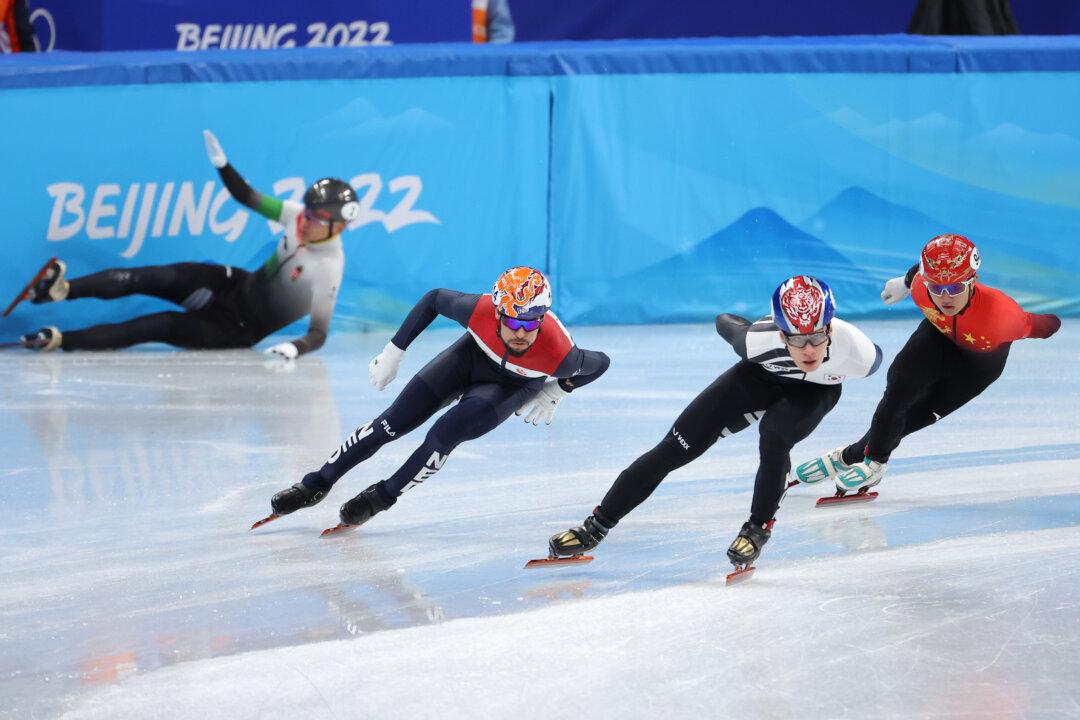South Koreans are angered by the disqualification of two of its short-track speedskaters at the Beijing Games just weeks ahead of its presidential election during which the debate topics were centered around the country’s relationship with China.
The skating dispute crossed over into politics as South Korean presidential candidates—locked in heated campaigns ahead of the election—called out the Olympic host for allegedly stealing medals in a sport the country has proudly dominated for years.





